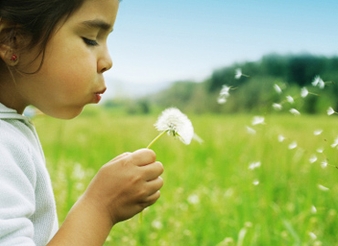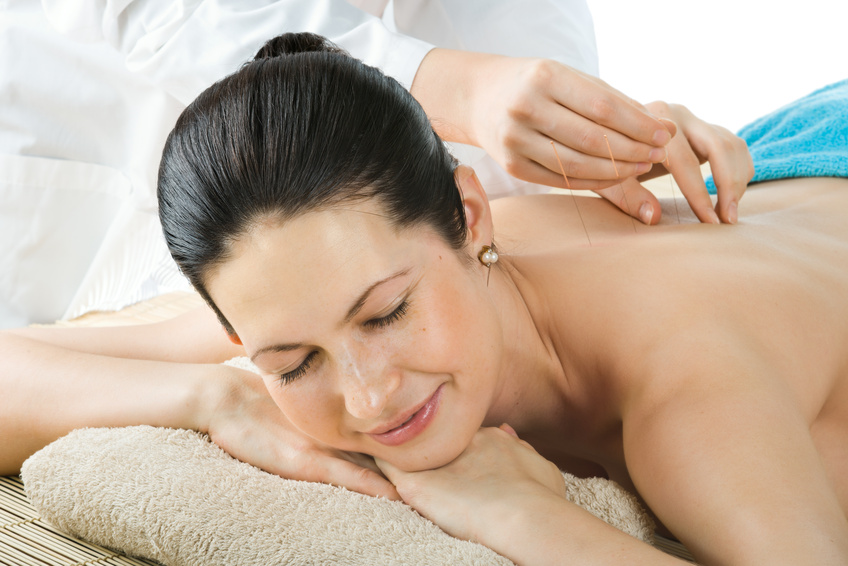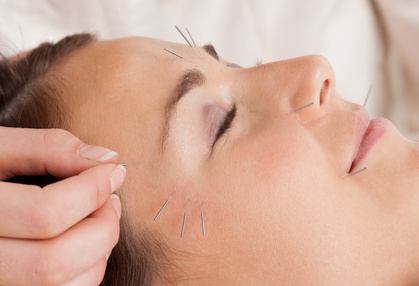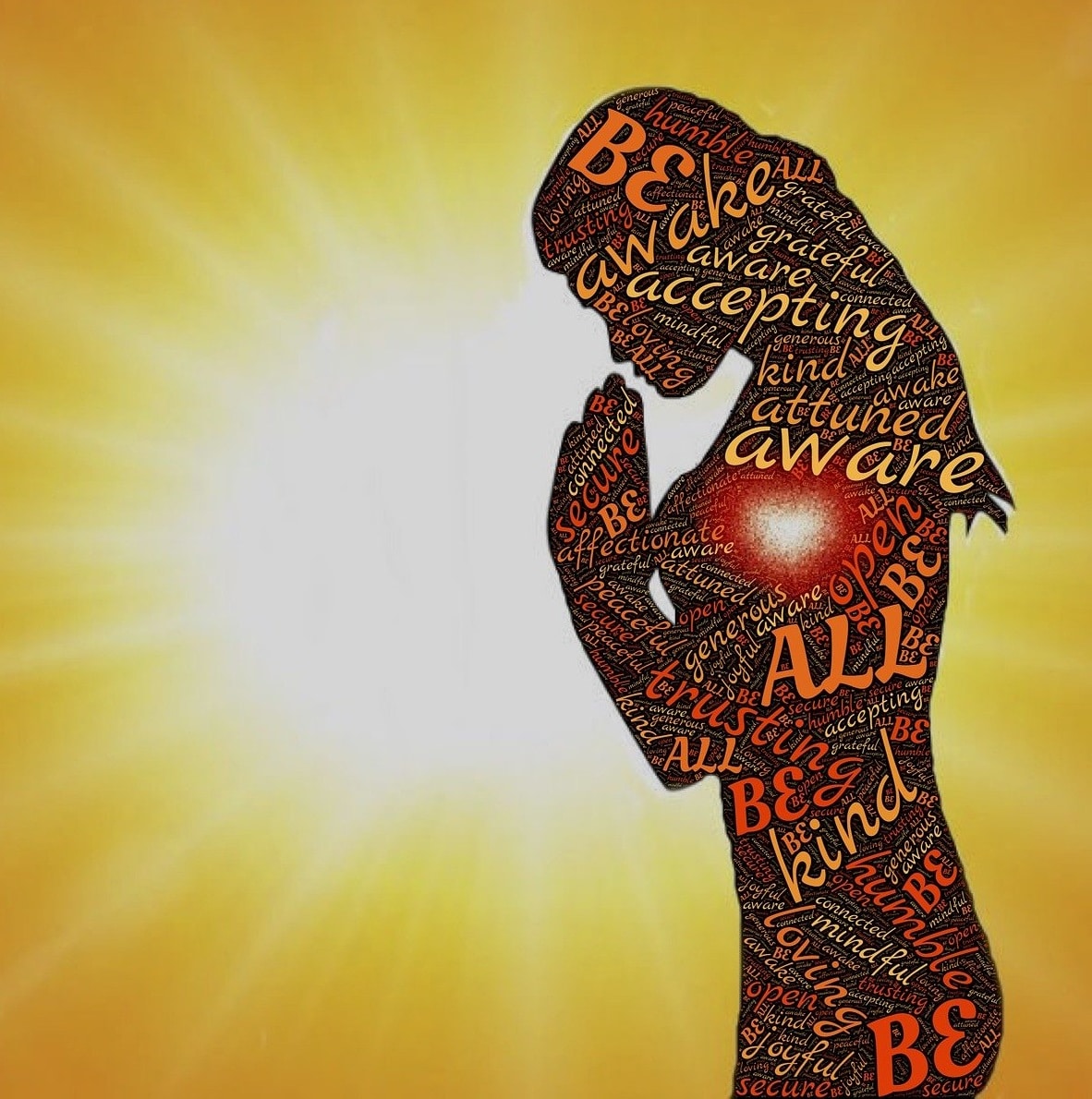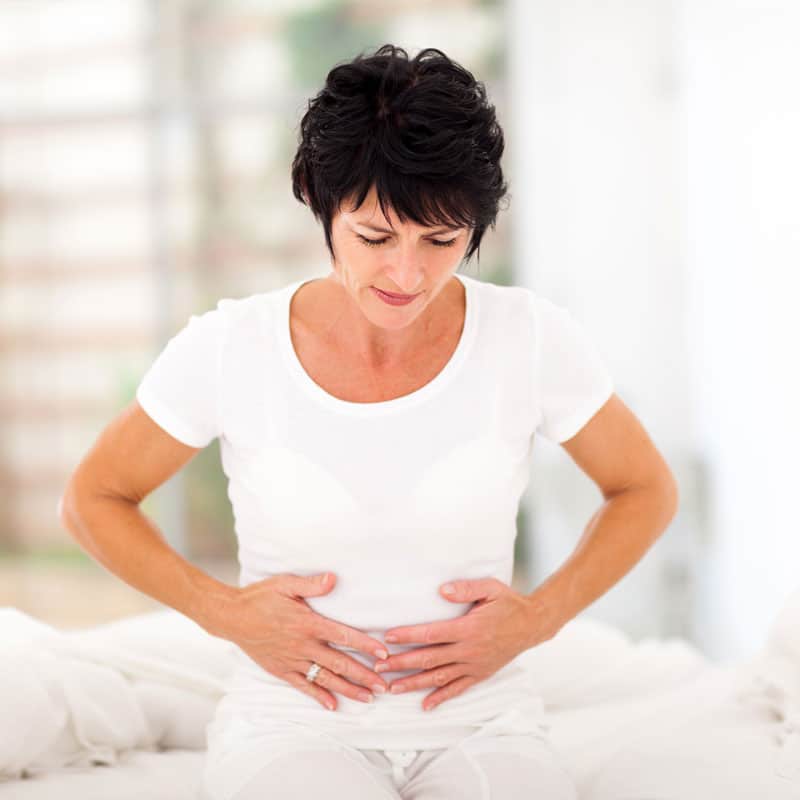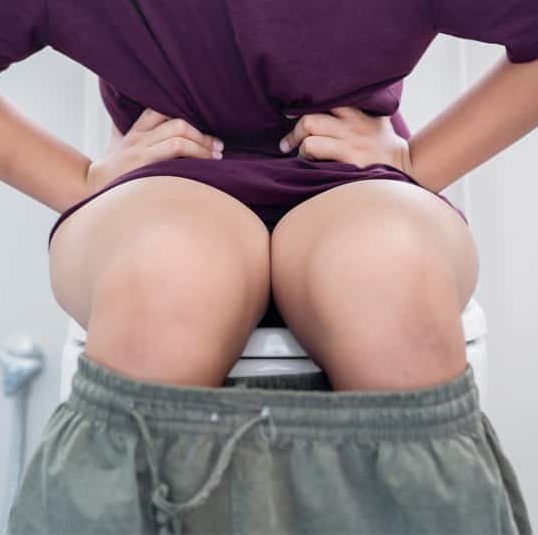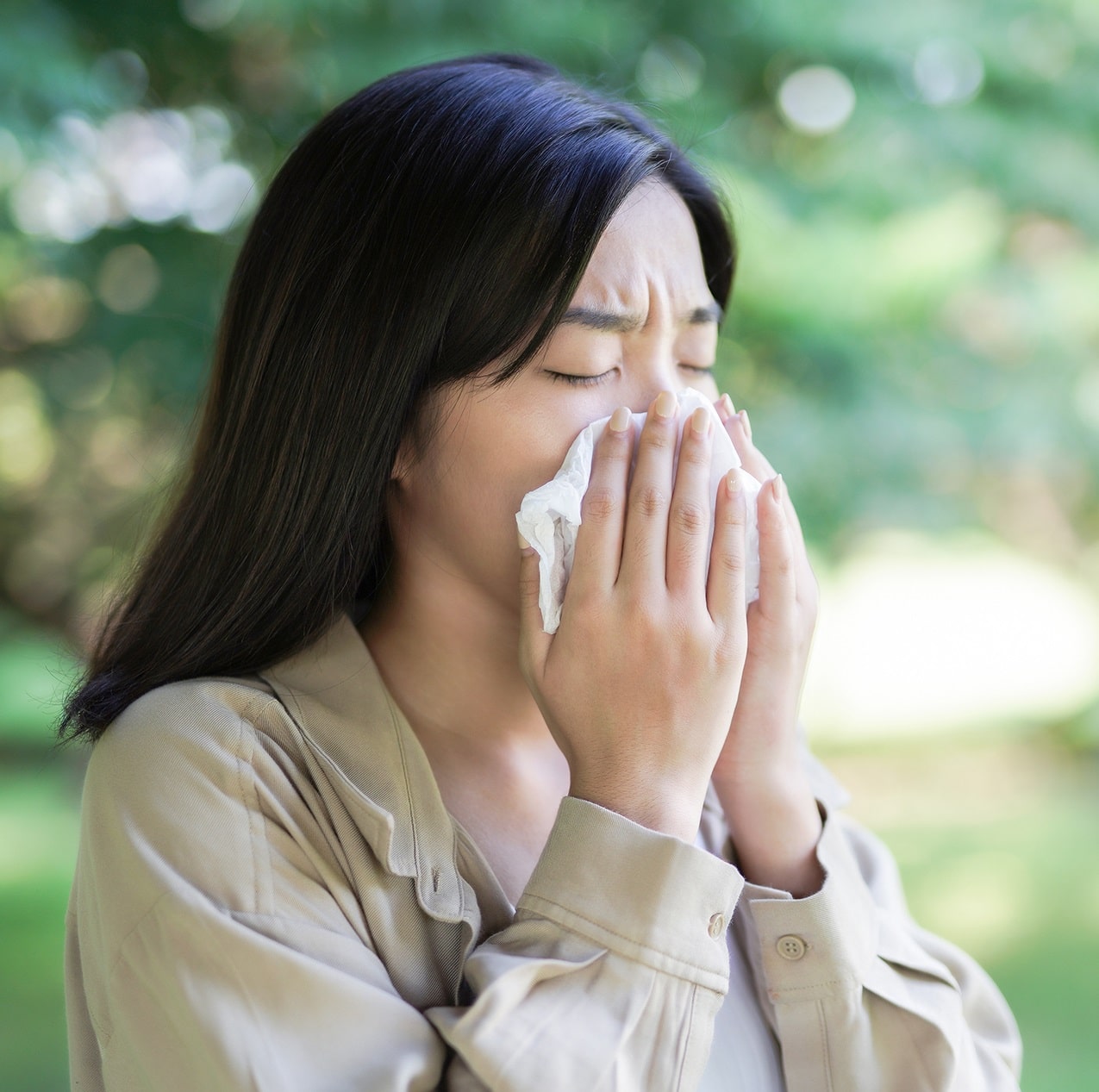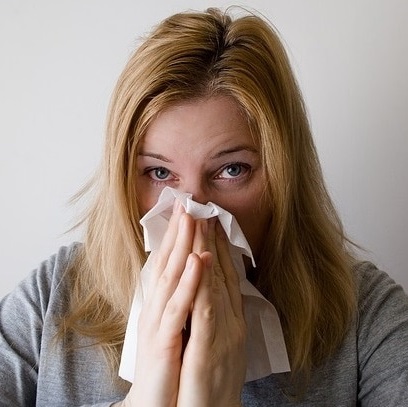Seasonal allergies typically occur in the spring or in the fall. During this time of year, pollen is carried by the wind, affecting approximately 50 million Americans, according to the Asthma and Allergy Foundation of America. Those who are allergic to pollen are often allergic to animal dander, mold, dust mites and ragweed as well. No ethnicity, sex or culture is protected against allergies
Holistic medicine is a great option to treat diseases to improve your health, using physical, environmental, spiritual, lifestyle, emotional and nutritional elements. Holistic medicine also includes stress reduction techniques like meditation and deep breathing exercises, supplementation, the removal of food intolerance and acupuncture. Within only a few moments after exposure to an allergen, a person may begin experiencing itchy eyes, stuffy nose, congestion, headaches, wheezing, cough, sneezing and itchy sensations in the mouth and back of the throat. These symptoms may be severe enough to reduce a person’s sense of smell or taste and disturb their sleep.
There are many medications that can treat the symptoms of an allergic reaction; however, these medications often come with unwanted side effects, including drowsiness, dry mouth or dry eyes. If you suffer from allergies and would like to reduce your symptoms naturally, acupuncture can help. Let’s take a look at what allergies are and how acupuncture can help improve your seasonal allergies.
What Are Allergies?
Seasonal allergy, or hay fever, occurs when the immune system becomes confused. When the body is exposed to an allergen, the immune system is activated and histamine is released in the body. This histamine causes a number of symptoms, including itchy, watery eyes, sneezing, sinus congestion, asthma, coughing and even diarrhea. The immune system releases IgE antibodies that attach to white blood cells (mast cells) that are located in the upper respiratory tract, the skin and lining of the stomach. When these cells are stimulated, an allergic reaction occurs.
Western Approach to Allergies
There are a number of medications that are used to ease the symptoms of allergies. Antihistamines block the histamines produced by the immune system. However, these medications often cause drowsiness and dry mouth. In addition to medications used to treat the allergic response, Western medicine emphasizes avoid or eliminating allergens or using desensitization. Avoidance may include air filtration systems, plastic sheeting on beds and upholstered furniture, the removal of all carpeting, etc. Another approach is desensitization, where small amounts of allergens are injected into the patient in increasing doses to help neutralize the number of antibodies present
Acupuncture and Allergies
Acupuncture focuses on improving the way the immune system functions by reducing stress and inflammation and promoting the overall health of the individual. This natural therapy does not use any type of medications and has been proven effective. Oftentimes, the sufferer will see immediate improvement after the first treatment, according to the American Academy of Medical Acupuncture.
Treatment plans for allergy relief vary depending on whether the focus is prevention or acute symptom relief. Chinese Medicine regards allergic reactions as a manifestation of the body’s inability to adjust to its environment. It is believed that a weakness in the lung or liver can cause the allergic reaction. In addition to this, other systems, including the spleen and kidney can influence the chronic nature and severity of the allergy symptoms.
Studies have shown that acupuncture can help to relieve allergies. According to Dr. Andrew Weil, M.D., a recent study was done by researchers in Germany. Four hundred and twenty-two people who suffered from pollen allergies were divided into three groups. The first group received acupuncture and were allowed to use antihistamines as needed. The second group received sham acupuncture treatments and were allowed to use antihistamines as needed. The third group was only given antihistamines to relieve their symptoms. The study found that 71 percent of patients in the study who receive the real acupuncture had an improvement of their symptoms and did not rely as heavily on antihistamines to relieve their allergies
Acupuncture is an excellent way to reduce or eliminate the need for medication and reset the immune system. For best results, you will need to undergo several acupuncture sessions to maximize the effectiveness of acupuncture for allergies.

